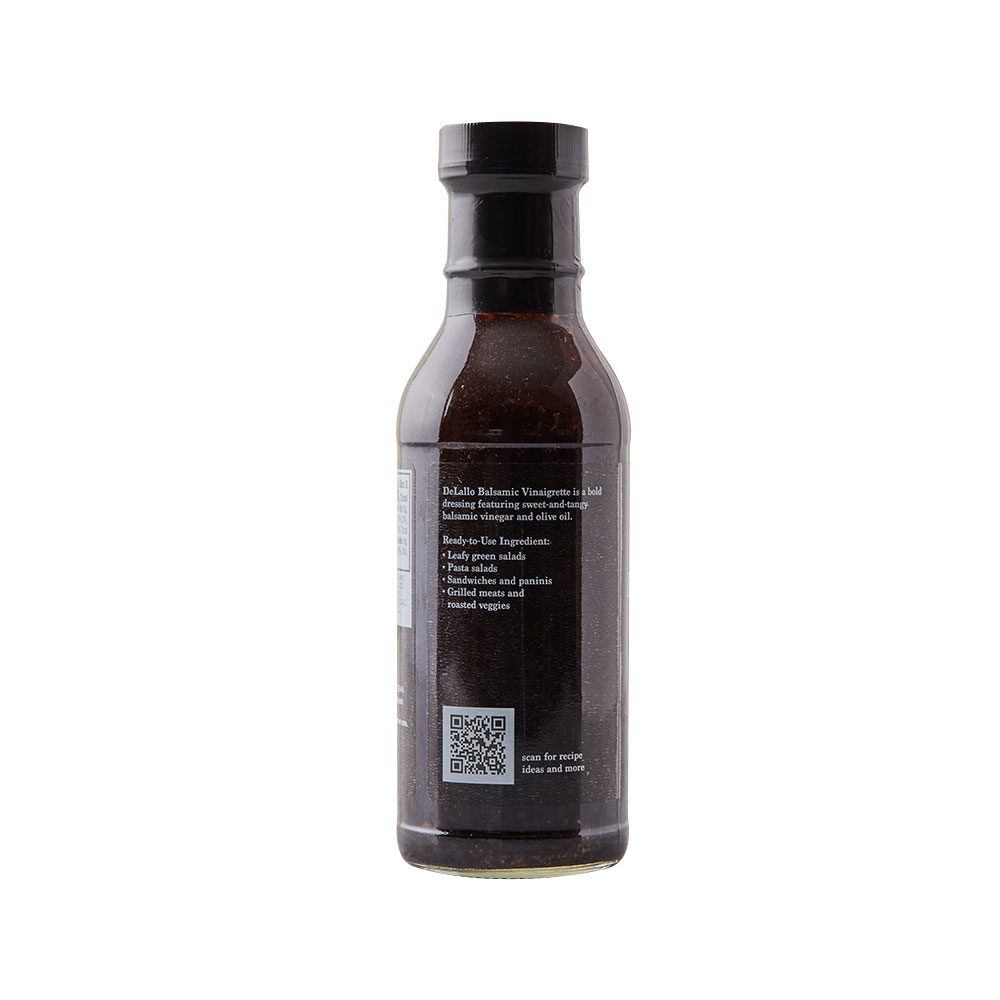Balsamic vinegar is a versatile and delicious condiment made from fermented grapes, providing a unique blend of sweetness and tanginess. It is a low-calorie, low-fat, and low-carb ingredient with several nutritional benefits, including antioxidant and blood sugar-lowering properties. Balsamic vinegar is also a great addition to a variety of dishes, including salad dressings, marinades, and roasted vegetables. There are two main types of balsamic vinegar – traditional and commercial, with the former being the most expensive and high-quality. However, commercial balsamic vinegar is a great alternative for everyday use.
The Sweet and Tangy Side of Balsamic Vinegar
Balsamic vinegar is a delicious and versatile condiment that has been around for several centuries. Made from fermented grapes, it has a unique flavor profile that combines sweetness with tanginess, making it perfect for drizzling over salads, roasted vegetables, and grilled meats.
Nutritional Value of Balsamic Vinegar
Balsamic vinegar is a low-calorie condiment that provides a range of nutritional benefits. One tablespoon of balsamic vinegar contains approximately 14 calories, 3 grams of carbohydrates, and less than 1 gram of protein and fat.
Balsamic vinegar is also a good source of polyphenols, which are plant compounds with antioxidant properties. These compounds help to neutralize harmful free radicals in the body, which can damage cells and contribute to chronic diseases such as cancer and heart disease.
Additionally, balsamic vinegar contains acetic acid, which has been shown to have several health benefits. Acetic acid helps to lower blood sugar levels, improve insulin sensitivity, and enhance satiety, making it a great addition to any weight loss or diabetes management program.
Uses of Balsamic Vinegar
Balsamic vinegar is a versatile ingredient that can be used in a variety of ways. Here are some of our favorite uses:
Salad Dressing
Balsamic vinegar is a great alternative to store-bought salad dressings, which can be high in calories and unhealthy additives. To make a simple balsamic vinaigrette, mix together 1/4 cup of balsamic vinegar, 1/4 cup of olive oil, 1 tablespoon of honey, and a pinch of salt and pepper. Drizzle over your favorite salad greens and enjoy!
Marinade
Balsamic vinegar is also a great ingredient to use in marinades for meats, poultry, and seafood. The acidity of balsamic vinegar helps to tenderize meat and add flavor. Try mixing together 1/2 cup of balsamic vinegar, 1/4 cup of olive oil, 1 tablespoon of Dijon mustard, and a pinch of salt and pepper. Let your chosen protein marinate for at least 30 minutes before grilling or roasting.
Roasted Vegetables
Balsamic vinegar is the perfect complement to roasted vegetables, adding a tangy acidity and sweetness. Toss your favorite vegetables such as asparagus, Brussels sprouts, or carrots in 1/4 cup of balsamic vinegar, 2 tablespoons of olive oil, and a pinch of salt and pepper. Roast in the oven for 20-25 minutes at 400 degrees Fahrenheit.
The Different Types of Balsamic Vinegar
Not all balsamic vinegar is created equal. There are two main types of balsamic vinegar: traditional and commercial.
Traditional Balsamic Vinegar
Traditional balsamic vinegar is made in Modena, Italy, and is barrel-aged for a minimum of 12 years. It is made from Trebbiano grapes and is thick, syrupy, and sweet with a complex flavor profile. It is also quite expensive, with a 100ml bottle costing upwards of $50. Traditional balsamic vinegar is best enjoyed drizzled over fresh strawberries or Parmesan cheese.
Commercial Balsamic Vinegar
Commercial balsamic vinegar is mass-produced and is often made from wine vinegar and caramel coloring. It is thinner and has a milder flavor compared to traditional balsamic vinegar. Commercial balsamic vinegar is a great ingredient to use in salad dressings and marinades but is not recommended for drizzling over fresh produce or cheese.
The Bottom Line
Balsamic vinegar is a delicious and versatile condiment that can add flavor and nutrition to your meals. It is a low-calorie, low-fat, and low-carb condiment with several health benefits, including antioxidant and blood sugar-lowering properties.
There are several different types of balsamic vinegar, with traditional balsamic vinegar being the most expensive and high-quality variety. However, commercial balsamic vinegar is a great alternative for everyday use.
Overall, balsamic vinegar is a must-have ingredient in any kitchen. It can be used in salad dressings, marinades, and roasted vegetable dishes, adding a sweet and tangy flavor to your meals. Try experimenting with different types and brands of balsamic vinegar to find your favorite one.
